SUMMARY
This is AI generated summarization, which may have errors. For context, always refer to the full article.
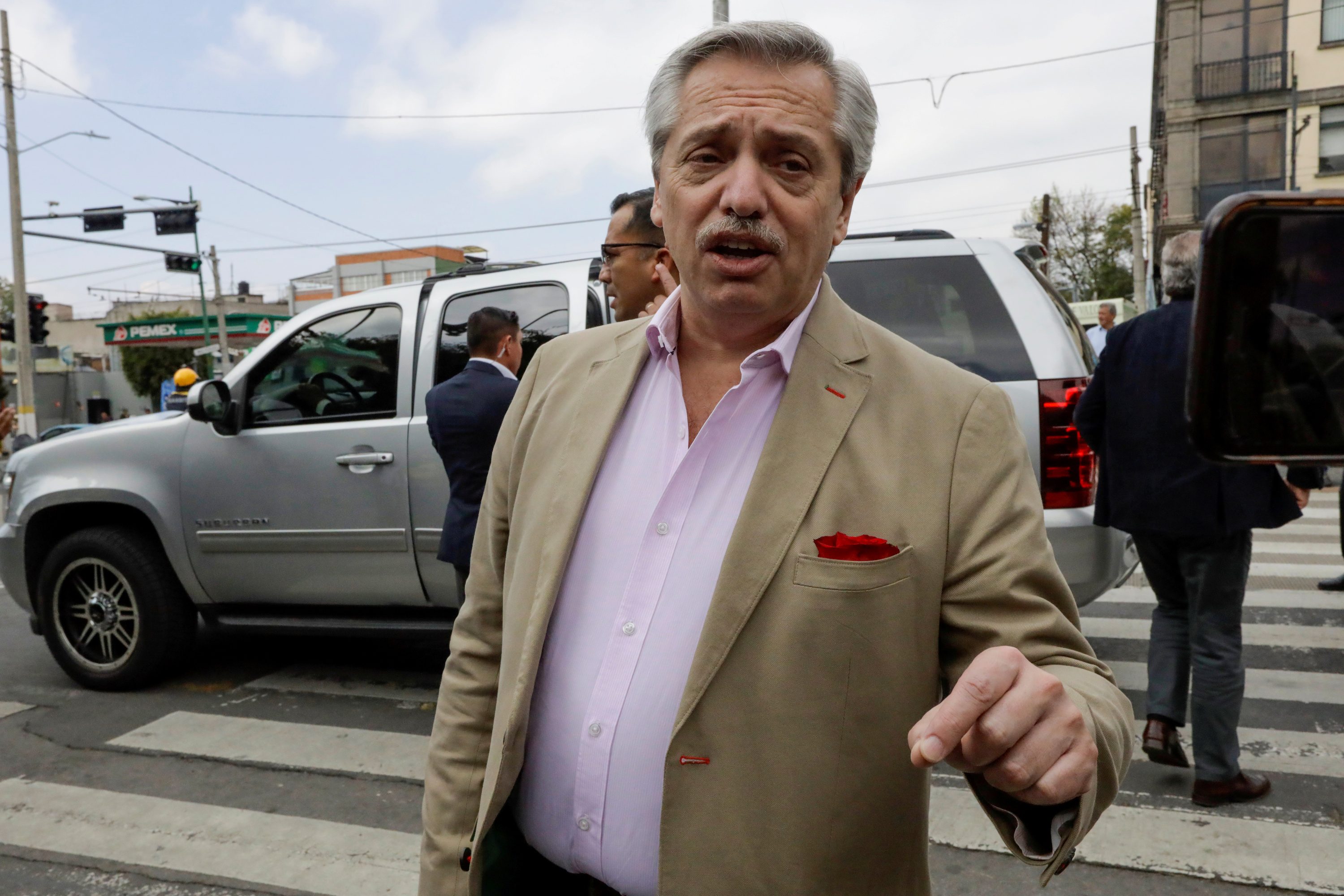
Argentine President Alberto Fernández believes the International Monetary Fund (IMF) should grant the country more “flexible” terms and warned that increasing inflation could lead his government to again hike export taxes or reestablish quotas, according to an interview on Sunday in the newspaper Página/12.
Argentina has for months been in talks with the IMF to restructure the terms of a $57-billion 2018 loan sought by Fernandez’s predecessor Mauricio Macri to confront an economic crisis that has sent poverty skyrocketing in one of the world’s top grains producers.
Fernández said in the interview that Economy Minister Martín Guzmán would travel to Washington at month’s end with an eye towards postponing maturities to give the country more flexibility – and funds – to deal with problems at home.
The president also warned he could hike taxes on agricultural exports or impose new quotas on exporters to tame yawning inflation.
“The state only has two channels to solve the problem, two tools that it would prefer not to use: raise export taxes or implement quotas,” Fernández said.
“I am telling you publicly that I cannot let this continue to happen, because the risk is that, with the pandemic, prices of these products continue to rise and we are not willing to tolerate it,” he added.
Argentina is on track for 50% inflation in 2021, a sharp increase from the 36.1% officially reported last year, according to a market survey published on Friday, February 5, by the central bank.
The region’s 3rd largest economy fell into recession in 2018 and has since been ravaged by the COVID-19 pandemic, with jumps in poverty, unemployment, and consumer prices.
Fernández said in the interview that more Sputnik V vaccines are expected from Russia shortly, as well as a shipment of the AstraZeneca coronavirus vaccine, providing flickers of hope for the ailing economy.
“I continue with the idea that vaccines [will arrive] between now and March 31…and to count on them to vaccinate 13 million people who are at risk,” Fernández said. – Rappler.com
Add a comment
How does this make you feel?

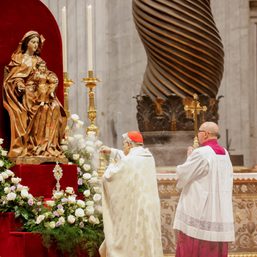
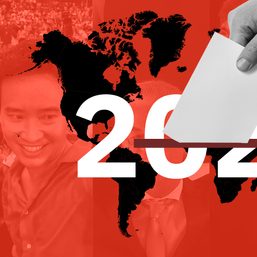

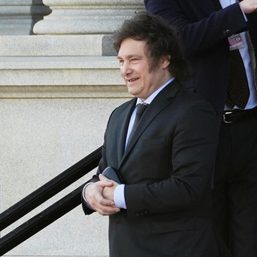
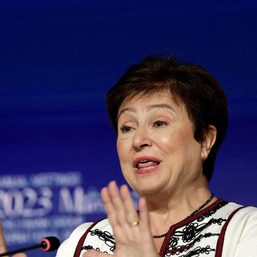
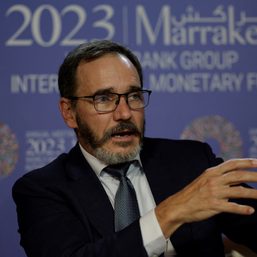
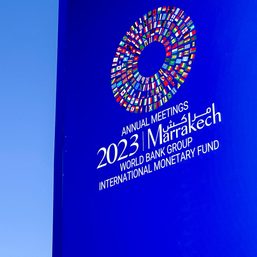
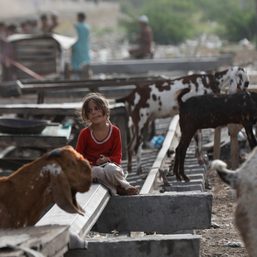
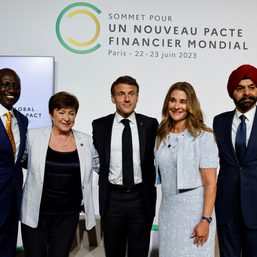
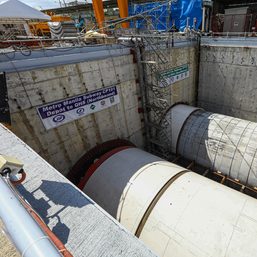
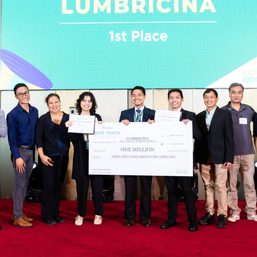
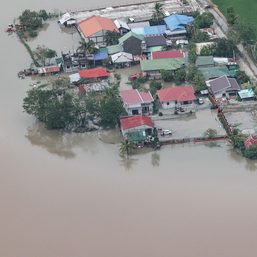
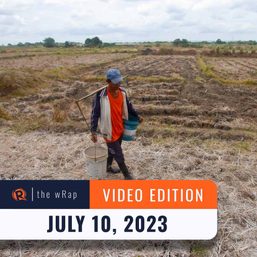
![[Ask The Tax Whiz] How to file annual income tax returns for 2023](https://www.rappler.com/tachyon/2022/11/tax-papers-hand-shutterstock.jpg?resize=257%2C257&crop_strategy=attention)

![[Ask The Tax Whiz] Are cross-border services taxed in the Philippines?](https://www.rappler.com/tachyon/2024/02/bpo-workers.png?resize=257%2C257&crop=72px%2C0px%2C785px%2C785px)
![[Ask the Tax Whiz] Ease of paying taxes law: What you need to know](https://www.rappler.com/tachyon/2023/02/calculate-february-22-2023.jpg?resize=257%2C257&crop_strategy=attention)

There are no comments yet. Add your comment to start the conversation.